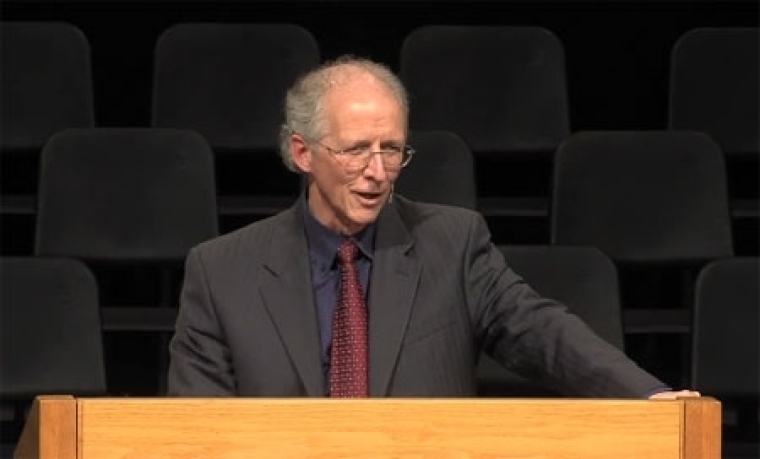
At least 24 people have died in Afghanistan, including seven United Nations employees, since Friday over the burning of the Koran by a fringe Florida pastor in March.
To help explain Muslims' violent rage over the Koran burning, Piper cited the writing of British scholar Andrew Walls, founder of the Center for the Study of Christianity in the Non-Western World, in his book The Cross-Cultural Process in Christian History.
In the book, Walls highlighted that a difference between Islam and Christianity is that one is readily translatable while the other resists translation.
"Islamic absolutes are fixed in a particular language, and in the conditions of a particular period of human history. The divine Word is the Koran, fixed in heaven forever in Arabic, the language of original revelation," wrote Walls. "For Christians, however, the divine Word is translatable, infinitely translatable.
"Much misunderstanding between Christians and Muslims has arisen from the assumption that the Koran is for Muslims what the Bible is for Christians," wrote Walls, one of the first scholars to study the global church shift from the West.
"It would be truer to say that the Koran is for Muslims what Christ is for Christians," he said.
Piper caught this last line and concluded that the parallel between Christianity and Islam is not of Christ to Muslim prophet Muhammad and the Koran to the Bible. Rather, the Koran parallels Christ.
"The giving of the Koran is in Islam what the incarnation of Christ is to Christianity," asserted Piper in a blog posting on the Desiring God website. "If this is so, then Koran-burning is parallel to Christ-crucifying."
Violent protests were sparked in Afghanistan when Florida pastor Terry Jones and preacher Wayne Sapp put the Islamic holy book on a mock trial on March 20 and found it "guilty of causing murder, rape and terrorism". As punishment, the Koran was burned.
There was intentionally little US media coverage of the Koran burning. But news of the desecration of the Islamic holy book soon made it to Afghanistan and Pakistan over the internet. Afghan President Hamid Karzai spoke out against the burning of the Koran and called on the US government to prosecute those responsible. Eight days after Karzai condemned the Koran burning as "disrespectful and abhorrent", violent protests broke out.
On April 1, hundreds of angry Afghans marched to the UN missions headquarters in the northern city of Mazar-i-Sharif after Friday prayers and attacked the guards and fired at the embassy. Nearly a week later, protests are still erupting in Afghanistan over what two American preachers did to the Koran.
Piper in his blog post maintained that the burning of the Koran is not the moral equivalent of murdering human beings. But he noted that understanding the parallel between Christianity and Islam helps explain why Muslims are so outraged.
However, the Minnesota pastor also pointed out the difference between how Islam and Christianity teach their followers to react when the Koran is desecrated or Christ is crucified. Even when Jesus faced crucifixion, he condemned violence. Jesus rebuked one of his followers for using the sword (Matthew 26:52), healed the ear of his enemy that was cut off (Luke 22:51), prayed for the forgiveness of those who killed him (Luke 23:34), and taught his disciples to love their enemies (Luke 6:27), Piper pointed out.
"So the Koran has been burned and the Christ has been crucified – and continues to be crucified," Piper wrote. "The test is in the response."
To receive free John Piper Podcast and to find out more about his upcoming talk in Oxygen 11, visit www.oxygen.kcc.org.au